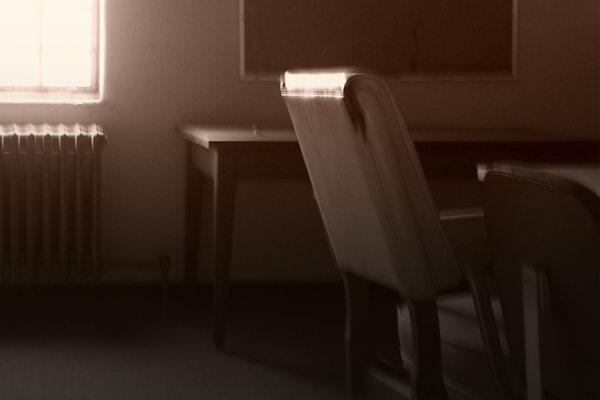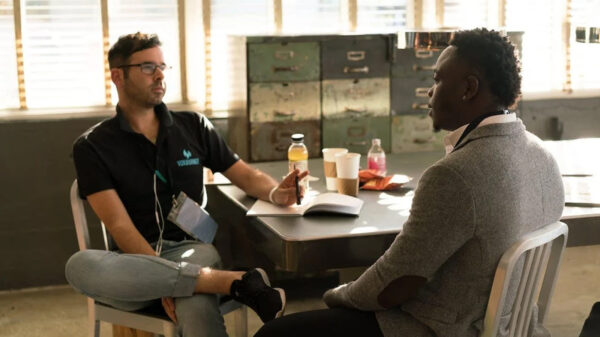
“Case Makers” Are Focused on Jurors
Trials typically involve juries (although some are decided by judges). Good case makers understand the nature of their audience. They are good translators; taking complicated information from expert witnesses and making it accessible to members of the jury. It’s not enough for case makers to understand the facts of the case; they’ve got to be focused on the needs of the jury. If you neglect your jury, you’ll most certainly lose your case. For this reason, case making is as much about relationship as it is about information.
“Case Makers” Are Familiar With Evidence, Logic and Rhetoric
Case makers must understand the nature of evidence and how to powerfully communicate the interconnected quality of this evidence to the jury. Case makers also need to comprehend the principles of logic in order to make a reasonable case and highlight the irrational alternative explanations offered by the opposition. Case makers need to develop good thinking skills and become familiar with the case before them.
“Case Makers” Are Fearless in Asking for a Decision
In the end, it all comes down to a decision. Case makers have to do more than present the case; they have to present the case in a manner that causes the jury to make a decision. Case makers must learn to shape a presentation of the evidence that is compelling. We are trying to encourage a decision. Any effort to make a case that fails to ask for a decision is an incomplete work.
It’s been my experience that most of us who want to be “Christian Case Makers” are more concerned about the second aspect of our mission than anything else. We spend time reading through the evidence and mastering the arguments, but fail to see that it ultimately comes down to the jury and their desire to make a decision. As a Christian communicator, I am more and more convinced of the importance of asking for that decision. Maybe it’s because I came to faith later in life and still have an unbelieving father in his 70’s. I’m not sure. But I have a sense of urgency now that compels me to work as an evangelist who understands the role of “apologetics” rather than as a “apologist” more concerned with the evidence than the decision. It’s one thing to understand the case; it’s another to understand your need for a Savior. I want to communicate both aspects of the Christian message. I know my work as case maker is incomplete if my presentation isn’t focused on the jury, directed to the Gospel, and designed for a response. I need to do more than present the case; I need to ask for a decision. It’s one thing to understand the case; it’s another to understand your need for a Savior. I want to communicate both aspects of the Christian message. Share on X

J. Warner Wallace is a Dateline featured Cold-Case Detective, Senior Fellow at the Colson Center for Christian Worldview, Adj. Professor of Christian Apologetics at Talbot School of Theology, Biola University, author of Cold-Case Christianity, God’s Crime Scene, and Forensic Faith, and creator of the Case Makers Academy for kids.
Subscribe to J. Warner’s Daily EmailSave
Save
Save
J. Warner Wallace is a Dateline featured cold-case homicide detective, popular national speaker and best-selling author. He continues to consult on cold-case investigations while serving as a Senior Fellow at the Colson Center for Christian Worldview. He is also an Adj. Professor of Christian Apologetics at Talbot School of Theology, Biola University, and a faculty member at Summit Ministries. He holds a BA in Design (from CSULB), an MA in Architecture (from UCLA), and an MA in Theological Studies (from Gateway Seminary).









































Pingback: Dumping the Term: “Christian Apologist” | Cold Case Christianity
Pingback: You Have to Come Out As A Christian Before You Can Step Out As An Apologist | Cold Case Christianity
Pingback: “I Came to Faith Through Apologetics” | Cold Case Christianity
Pingback: It’s Time To Train In MMA: Mixed Martial Apologetics | Cold Case Christianity
Pingback: Good Jurors Make Good Christian Case Makers | Cold Case Christianity
Pingback: You Don’t Have to Be an Expert to Understand and Communicate the Truth | Cold Case Christianity
Pingback: What the Case Looks Like When Young People Are Your Jury | The Christian Apologetics Alliance
Pingback: What the Case Looks Like When Young People Are Your Jury | Cold Case Christianity
Pingback: Jurors Are Asked to Do More Than Hear the Case; They’re Asked to Make a Decision
Pingback: When Is It Time To Jump Off the Fence? -